The village that groomed China's leader, Xi Jinping
Jul 02, 2016
His father had earlier been dropped from the post of vice-premier in 1962 and eventually imprisoned.

'It takes a village to raise a child', goes a common African adage. But the village of Liangjiahe in China's Shaanxi Province has a unique history about the kind of children it groomed.
In 1969, hundreds of Chinese youth who had been raised in urban China descended upon the remote, mountainous village perched onto trucks. At least 1,427 youth were sent to the village.
One of the young men was the current Chinese President, Xi Jinping, who was 15 years old at the time. The future leader would spend seven years in Liangjiahe village.
A son of revolutionary veteran Xi Zhongxun, one of the founding fathers of the Communist Party of China (CPC), Xi found himself cast from the frills privilege into the life of peasants.
His father had earlier been dropped from the post of vice-premier in 1962 and eventually imprisoned prior to the Cultural Revolution started by Mao Zedong to purge western ideas.
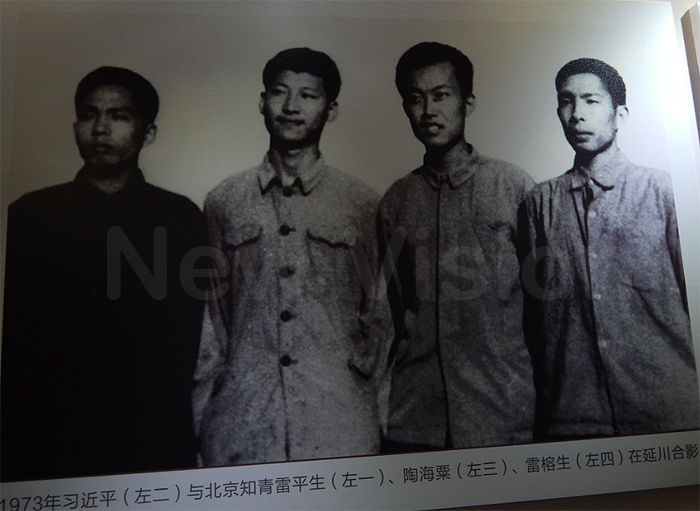
A photo of Xi Jinping (second left) with friends at Liangjiahe Village in Shaanxi Province
New life
From decent housing in the family home in Beijing, Xi, along with fellow youth, was ushered into a Yaodongs, one of the small cave-like apartments carved out of a hillside.
They were taught by peasants how to farm, cook and adopt a simple lifestyle based on the ideals of communism and in turn helped the peasants with modern practices such as irrigation.
It is stated that food production in the village and across China grew sharply during that period of the trying time. Xi has stated before that the experience had a profound influence on his life.
The footprints of his stay in the remote village are reflected in the portraits and personal effects that have since been preserved as historical reminders of the tumultuous period.
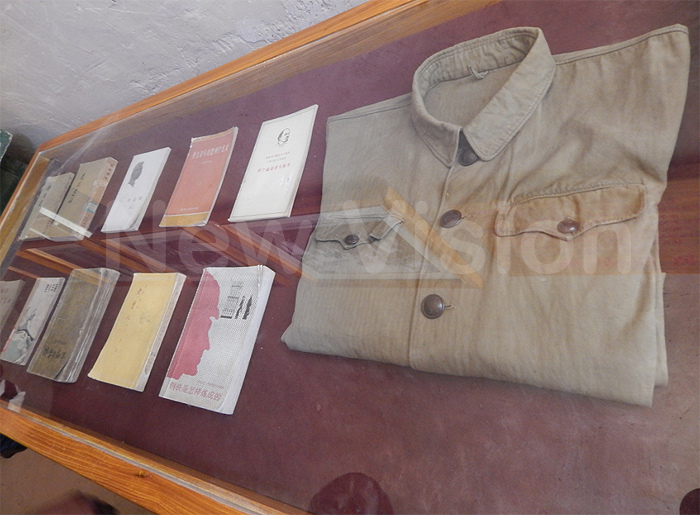
Some of the books Xi Jinping read and his shirt preserved inside a room in which he resided in at Liangjiahe Village
Notes and accounts of local residents describe Xi as an honest and visionary boy. He is revered for helping to build the first biogas stove and, in later years, extending electricity to the village.
He was also known to be a voracious reader and a number of books covering Chinese literature and ideology are kept intact. His beddings, utensils and suitcase are tourist attractions.
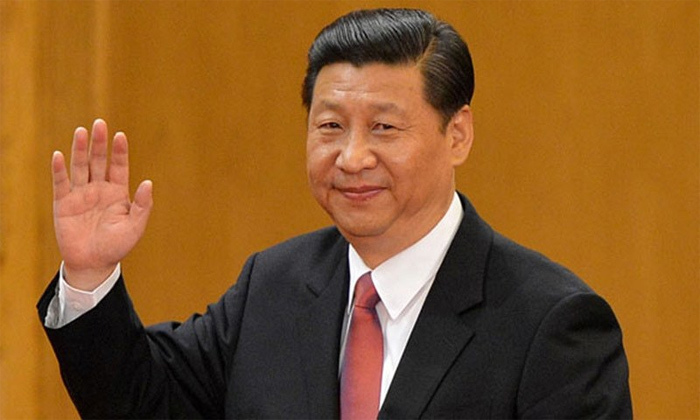
Chinese President, Xi Jinping. (AFP)
Joining the Communist Party
It was while in the same village that Xi joined the CPC youth league in 1971 and rose to become the village party leader. Later in 1974, he became a member joined CPC.
Xi is now one of the most powerful leaders on the planet. He can, if he wishes, influence the destiny of hundreds of millions of people, inside and outside China.
1n 1974, Xi was admitted to Tsinghua University in Beijing to study chemical engineering, immersing himself in not only academic but also party ideology.
He later served as party secretary in Hebei province and rose through the ranks to more senior roles in Fujian and Zhejiang provinces and later in Shanghai.
Xi was later elevated to more senior party and government positions, gaining membership to the nine-man Politburo Standing Committee and Vice President in 2008.
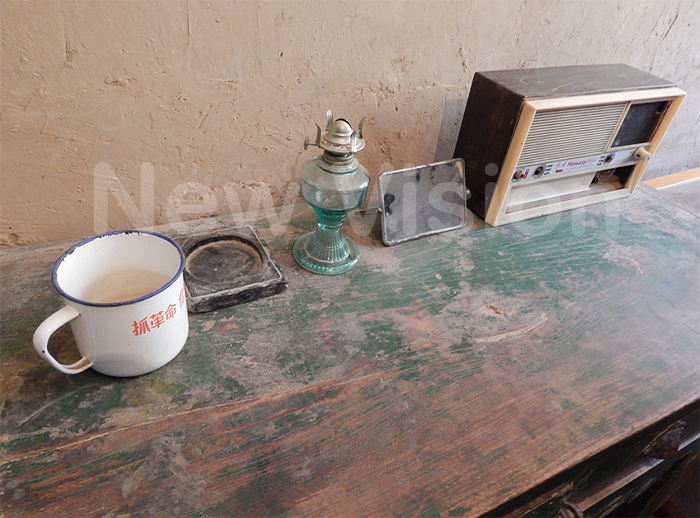
A radio, cup and lamp are some of the reminders of the peasant life that Xi Jinping and hundreds of Chinese youth were forced to live during the Cultural Revolution
In 2012, he was elected party General Secretary and chairman of the Central Military Commission and in 2013 as President.
During his tenure, he has placed focus on deepening reform, cracking down on corruption in government, expanding China's global influence and building a powerful economy and military.
Chinese dream
Since 2013, President Xi has championed the "Chinese Dream," his vision to create a stronger nation based on self-improvement and innovation.
He has also laid out a blue print for the Belt and Road initiative that seeks to connect parts of Asia, the Middle East, Europe and Africa as a major maritime and transport hub.
During his career as a leader, right from the grassroots, he has not been personally implicated in any corruption scandals, nor has his character come under moral or political opposition.
(Photos by Taddeo Bwambale)
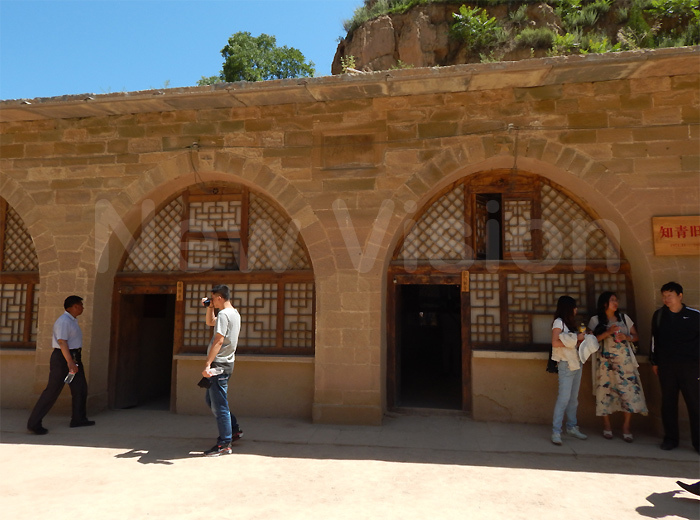
Tourists outside the cave-like dwellings where China's current leader, Xi Jinping and Chinese youth lived for years
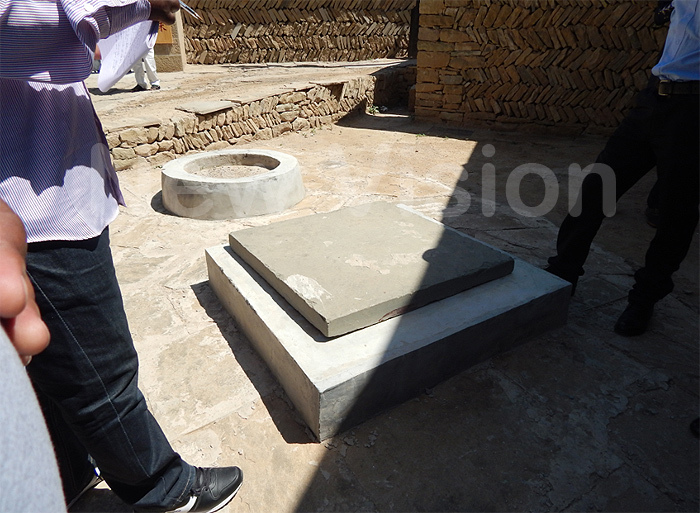
The first biogas pit reportedly built at Liangjiahe Village in Shaanxi Province by Xi Jinping before he rose to become China's leader
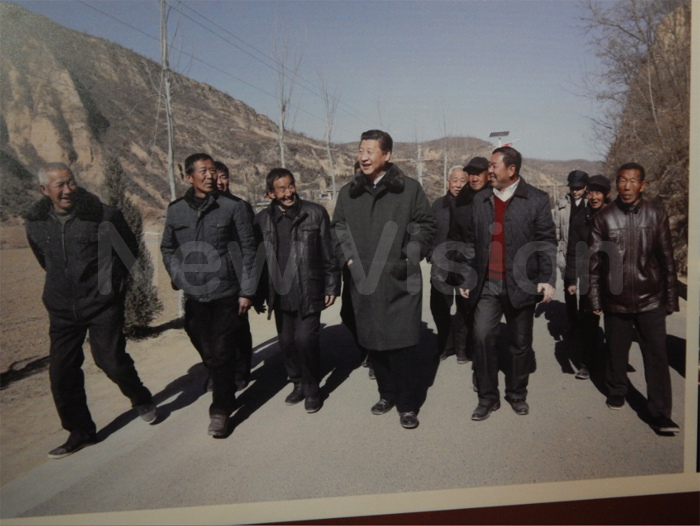
A photo of Xi Jinping during one of his tours to Liangjiahe Village
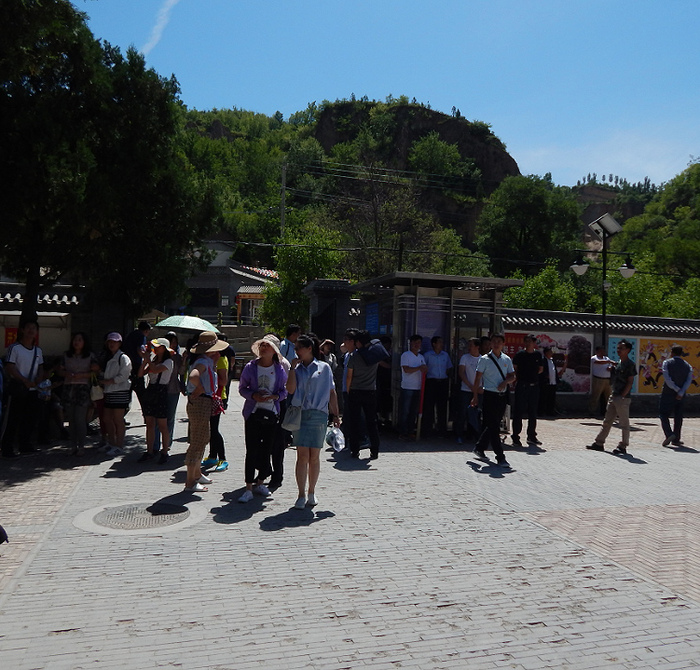
Hordes of tourists visit Liangjiahe Village in Shaanxi Province that groomed Communist Party leaders
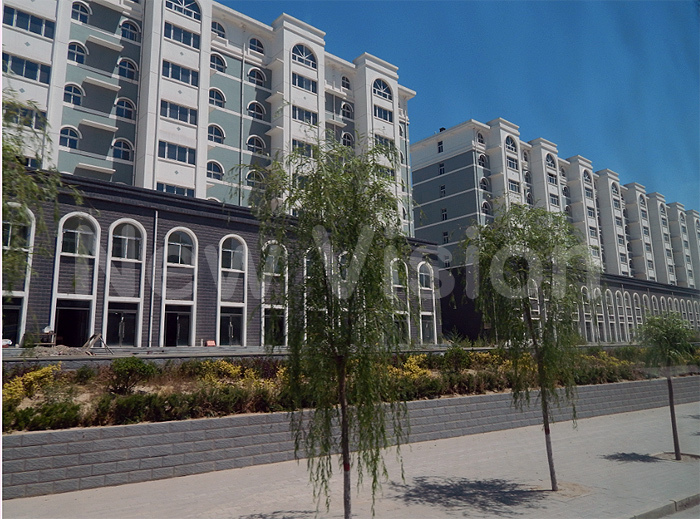
Modern housing facilities that have since replaced Yaodongs near Liangjiahe Village
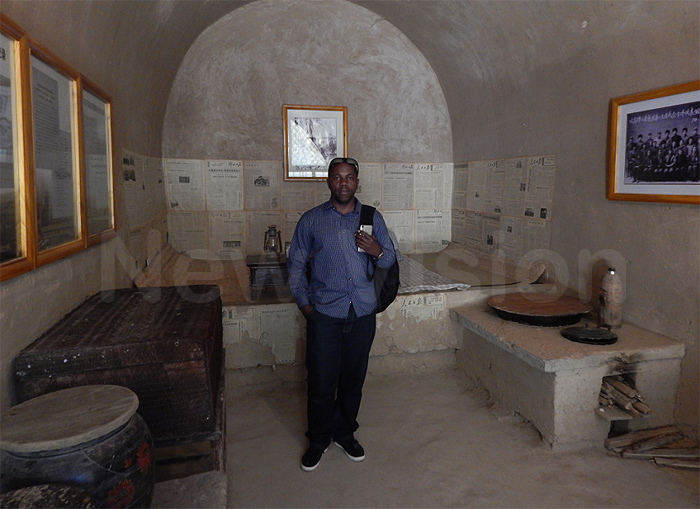
The writer inside the room where Xi Jinping resided as a young man
